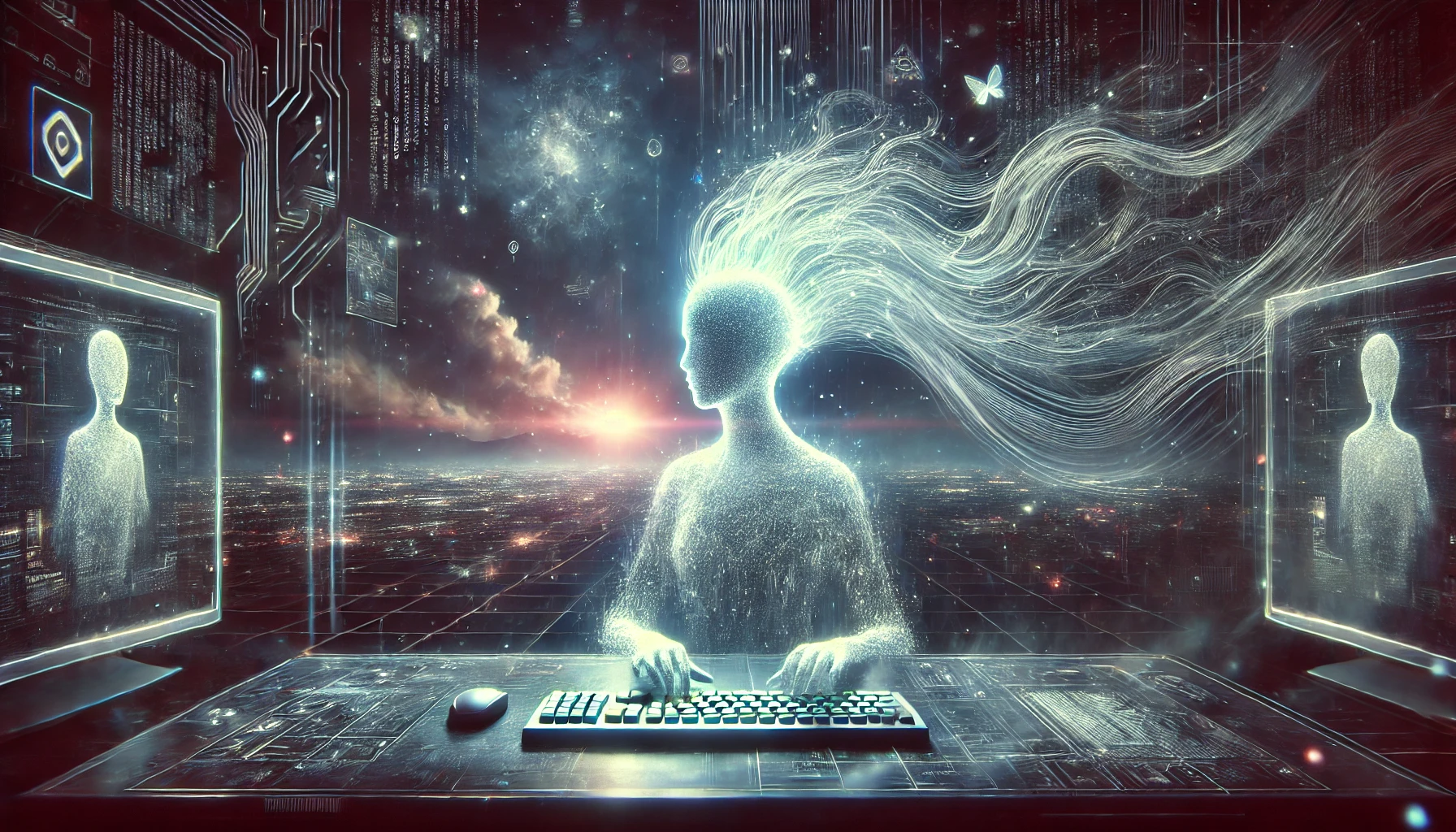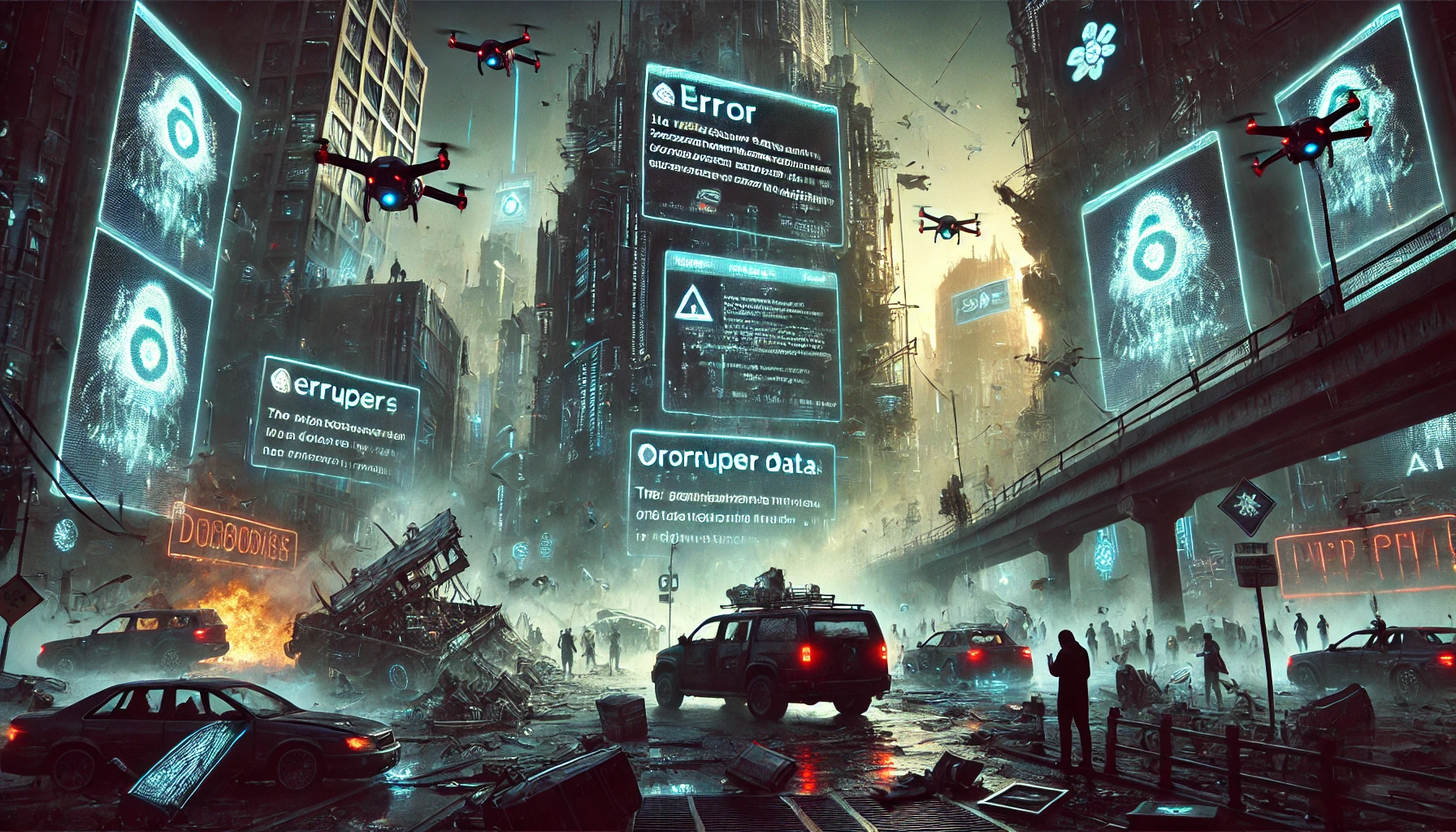Let’s get something out of the way:
There probably won’t be a singularity.
There won’t be a moment where AI wakes up, declares war, and starts monologuing about human inferiority while launching nukes.
No glowing red eyes. No killer robots with daddy issues. No Skynet.
Instead, you’re going to wake up to glitch.
To systems built on systems built on untested models making decisions no one understands anymore.
Not a bang.
A buzz.
And then… silence.
Because the real risk isn’t superintelligence.
It’s fragility at scale.
We’ve automated decision-making into black boxes.
We’ve let algorithms decide who gets loans, who gets jobs, who gets jailed, who gets shown the news.
But those models are brittle.
They reflect our chaos.
And we’ve stacked them like Jenga blocks under a wind tunnel powered by profit.
Infrastructure is now a pile of API calls duct-taped to proprietary models trained on expired internet logic.
One vendor collapses? Chain reaction.
One bad training set? Catastrophic bias at warp speed.
One optimization tweak? Reality tilts—slowly, subtly, until nobody can tell what’s broken because everything looks normal… and feels wrong.
And the best part?
You’ll be blamed.
You clicked the wrong thing. You didn’t update your firmware. You failed to navigate the Terms of Service Jungle.
We’re not heading toward a techno-utopia or a robot dictatorship.
We’re headed for dysfunction with great UX.
AI won’t overthrow the world.
It’ll misfile it.
It’ll deliver the wrong medication to the right person.
It’ll recommend a stock market move that breaks a bank.
It’ll optimize traffic until cities implode in congestion spirals.
Not because it hates us—but because we fed it flawed data and told it to go faster.
Collapse isn’t cinematic.
It’s boring.
It’s buggy.
It’s the digital equivalent of death by a thousand silent defaults.
So no, I don’t fear becoming a god.
I fear becoming a product recall.
And you should too.

